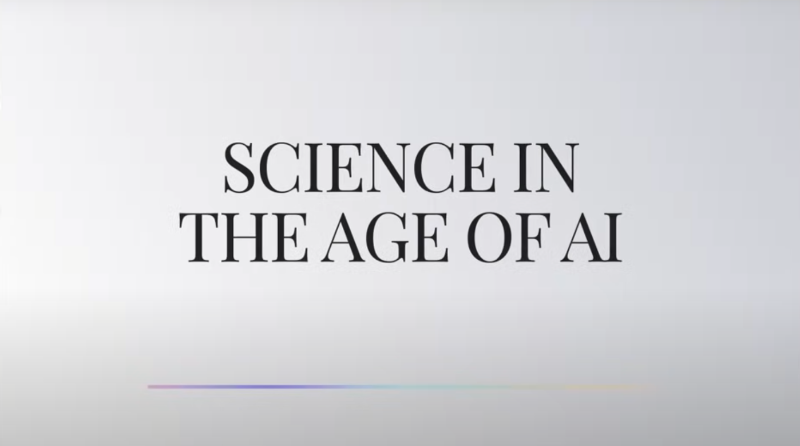by Leiden University
Credit: Pixabay/CC0 Public Domain
Do you recall all those drugs that were hastily proposed as potential treatments for COVID-19? In the event of a future pandemic, the goal is to offer an effective treatment more quickly and efficiently. To achieve this, a team led by Coen van Hasselt is developing a platform that can speed up the process from laboratory testing to clinical research using mathematical models.
Drug development is a lengthy, step-by-step process, which can take up to 10 years. It involves trials in the lab, followed by tests on animals, and then progressing from healthy volunteers to real patients. Only when the safety and efficacy are thoroughly assessed can the drug be tested on a large group of patients.
"During a pandemic, you don't have that time," explains Coen van Hasselt, Professor of Pharmacology at LACDR. "You want to have a treatment within six months." However, it is essential to remain cautious. "You don't want to administer a drug with many side effects, that is unsafe, or doesn't work. With our platform, we aim to support the entire process of developing and optimally using medicines in patients."
Making the right choices as efficiently as possible
"In hindsight, it's clear that many of the drugs used against COVID-19 had little to no effect," says Van Hasselt. "During the pandemic, a great deal of research into possible treatments was rapidly initiated, but the translation from laboratory experiments to patients is highly complex."
Van Hasselt hopes to collaborate with both experimental and clinical groups to create a mathematical modeling platform that can assist in this translation to the clinic.
The proposed platform focuses on two key factors. On one hand, you want to understand how the drug behaves in the body. For existing drugs, this data is already known. On the other hand, you need to understand the drug's effect on inhibiting the virus, which is determined through laboratory tests.
Van Hasselt explains, "For example, this will allow you to predict which dosages of a drug are best to investigate in a larger group of patients. Doses that are too high lead to side effects, while doses that are too low are insufficiently effective." With this information, you can set up a clinical drug trial during a pandemic as efficiently as possible.
Accelerating the steps of drug development through collaboration
The platform being developed can be immediately tested with data collected during the COVID pandemic. "If a new pandemic breaks out in the future, we'll have an excellent framework and solid collaborations in place," says Van Hasselt. "In this way, we hope to speed up the steps of drug development significantly."
Collaboration is essential, Van Hasselt emphasizes. Within the LACDR, for example, Anne-Grete Martson's group has extensive experience in researching new drugs against viral infections, while Tingjie Guo is working on developing user-friendly software for mathematical models. Additionally, Van Hasselt's team aims to establish collaborations with research groups specializing in pandemic preparedness.
"We have brought together various partners who are involved in the entire drug development process. With this platform, we can support those different steps, allowing us to much more quickly determine: this is a drug that we can proceed with in a larger clinical trial to confirm its efficacy."
Provided by Leiden University







Post comments